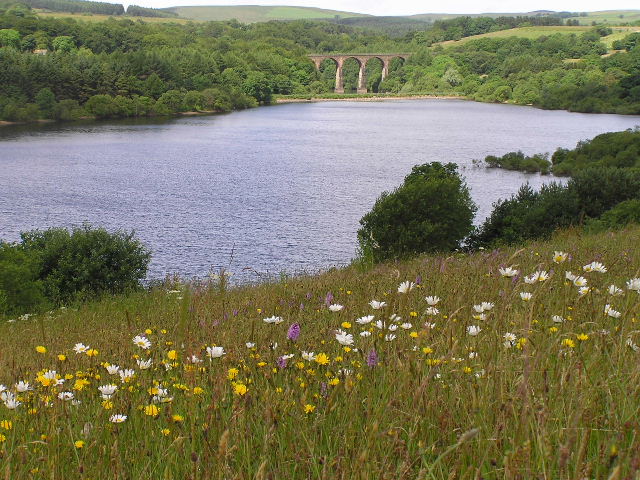
One of the country’s most precious upland landscapes, the West Pennine Moors, has been given special legal protection by Natural England for its nationally important wildlife, upland sheep farming and habitats.
The West Pennine Moors is the largest new Site of Special Scientific Interest (SSSI) notified by Natural England since 2004, covering a total of 76 square kilometres between Chorley, Blackburn, Bolton and Haslingden in Lancashire and Greater Manchester.
This move reflects the national significance of the area and its combination of upland habitats, where sheep farming predominately takes place, moorland fringe grasslands and woodland, which support an impressive array of breeding birds. Merlin, curlew, snipe, lapwing and redshank nest in the area and there are large breeding colonies of both black-headed and Mediterranean Gulls.
Natural England’s Chief Executive, James Cross, said: “This is a significant moment for the protection of wildlife across a wild and beautiful expanse of north-west England. Our upland landscapes provide vital wildlife habitats, farming systems and clean water, reduce flood risk and bring enjoyment and a sense of well-being to millions of people.”
'Careful grazing by cattle and sheep'
Natural England will work with owners and land managers to continue to protect and enhance the wildlife importance of the area, whilst maximising the other benefits from the moors. This includes sensitive management of blanket bogs through careful grazing by cattle or sheep, and maintaining water levels at or around the surface of the peat to make sure the habitat is at its healthiest.
Bogs in good condition provide many benefits including increased water storage in the upper catchments to reduce flood risk downstream, creating long-term carbon storage, as well as providing a unique habitat for wildlife. Other traditional management activity, such as cutting meadows for hay rather than silage and sensitive grazing of species-rich grasslands, supports a greater variety of wildlife and creates a more diverse landscape. SSSI status will help secure the widest possible commitment to the conservation of the West Pennines and lead to further action to secure the future of this moorland landscape.
Mike Burke, Natural England’s Area Manager for Cheshire to Lancashire said: “The West Pennine Moors are truly special and wholly warrant this SSSI status. It confers special legal protection and recognises the national scientific importance of its mosaic of upland habitats and populations of breeding birds. We will continue to work with all farmers, landowners and conservation groups across the area over the coming weeks and months to explain the importance of this designation and agree how we can work together to protect the area now and in the future.”
Explaining the relevance of this designation, James Cross added: “Conservation is not about holding things back, but about moving them forward. The outcome Natural England wishes to achieve with this designation is sustainably conserving a wonderful upland landscape and safeguarding the services it offers for the benefit of both people and the environment.”
